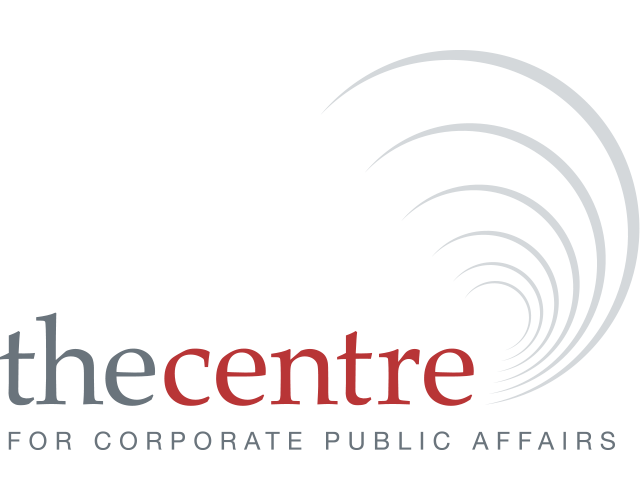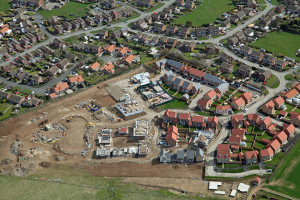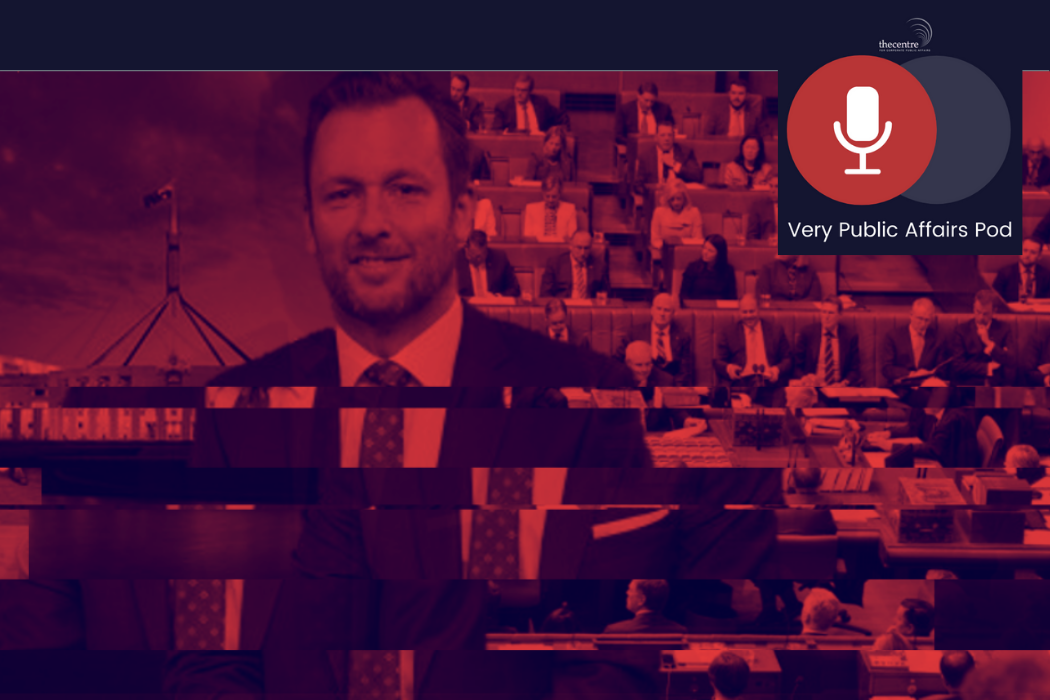Knowledge Centre
Items on this page are a taste only of the thousands of articles, podcasts, and videos housed in our Knowledge CentrePlease login for full access. If your organisation is a Centre member and you do not have log in details, please email thecentre@accpa.com.au. If you have forgotten your password, you can reset it here.
Antitrust’s Big Tobacco moment
James Panichi & Ryan Cropp, Inside StoryBraving the Melbourne winter, academics were in town for Australia’s show-stopping antitrust trial — Epic Games versus Apple and Google — a pitched battle over how the two internet giants treat app developers. Their presence was a reminder of the role experts with university affiliations are playing in defending...
Return of the ‘consultocracy’ – how cutting public service jobs to save costs usually backfires
Barbara Allen, Karl Lofgren, and Michael Macaulay, The ConversationIt has been clear that change is coming to the New Zealand public service since the election campaign. Just what impact that change will have is less easy to predict now the new government is installed.
How Australia’s seven-year cybersecurity plan can succeed
David Tuffley, Smart CompanyThe Australian government has released its 2023–2030 Cyber Security Strategy, which aims to make Australia one of the most cyber-secure nations in the world by 2030.
A human rights-based approach to cybersecurity
Bonita Philp, The MandarinGrowing cyber threats have led to increasingly restrictive policies that threaten human rights in the name of national security. Simultaneously, unequal internet access, insecure use and the lack of ownership over online information undermine social cohesion and resilience. In the absence of global standards...
Cybersecurity policies: what is coming next?
Nuria Talayero San Miguel, TelefonicaIn 2022, for the first time in history, Denmark recorded zero bank robberies. But criminals in the digital age are finding new ways to steal, all while cyber-attacks by nation-state actors have become more common and visible.
Urban design policies risks widening religious, cultural divides
Andrew West (Presenter), Anita Barraud (Producer), Nathan Turnbull (Sound Engineer), ABC, The Religion and Ethics Report, 02 August 2023Over the next decade, Australia is expected to receive 235,000 migrants a year. Almost eight in ten will come from non-European countries.
How much should American business and politics mix?
Checks and Balance Podcast, The Economist, 16 April 2021In this episode of The Economist's Checks and Balance Podcast, the panel explores why US companies are increasingly speaking out on a range of social and public policy issues, most recently on Georgia’s new restrictive voting laws. The panel also surveys the history of corporate activism and explores international…
Politics, Leadership, and Public Policy with Peter van Onselen
Very Public Affairs Pod, Centre for Corporate Public Affairs, 31 March 2021In this episode of the Very Public Affairs Podcast, academic, journalist, and commentator, Peter van Onselen, sits down with the Centre's research assistant, Georgio Platias, to talk about the big challenges and opportunities facing Australia in the next year. Peter also analyses what 'good' leadership is,...
Big-emitting Australian businesses could soon face costly carbon levy in Europe
Adam Morton, The Guardian, 11 February 2021Big-emitting Australian businesses that export to Europe may be faced with carbon levies unless the Australian Government imposes emission reduction policies. A research note by climate advisory firm RepuTex said a proposal for "carbon border adjustment mechanism" by 2023 made it clear companies that import products from overseas...
Microsoft backs media bargaining code, suggests Bing can fill gap if Google and Facebook depart
Jade Macmillan, ABC News, 03 February 2021Microsoft has publicly supported the Federal Government's controversial proposed news media bargaining code, suggesting its search engine Bing could fill the gap if Google exits the Australian market. Microsoft President Brad Smith said he and CEO Satya Nadella spoke to ...


